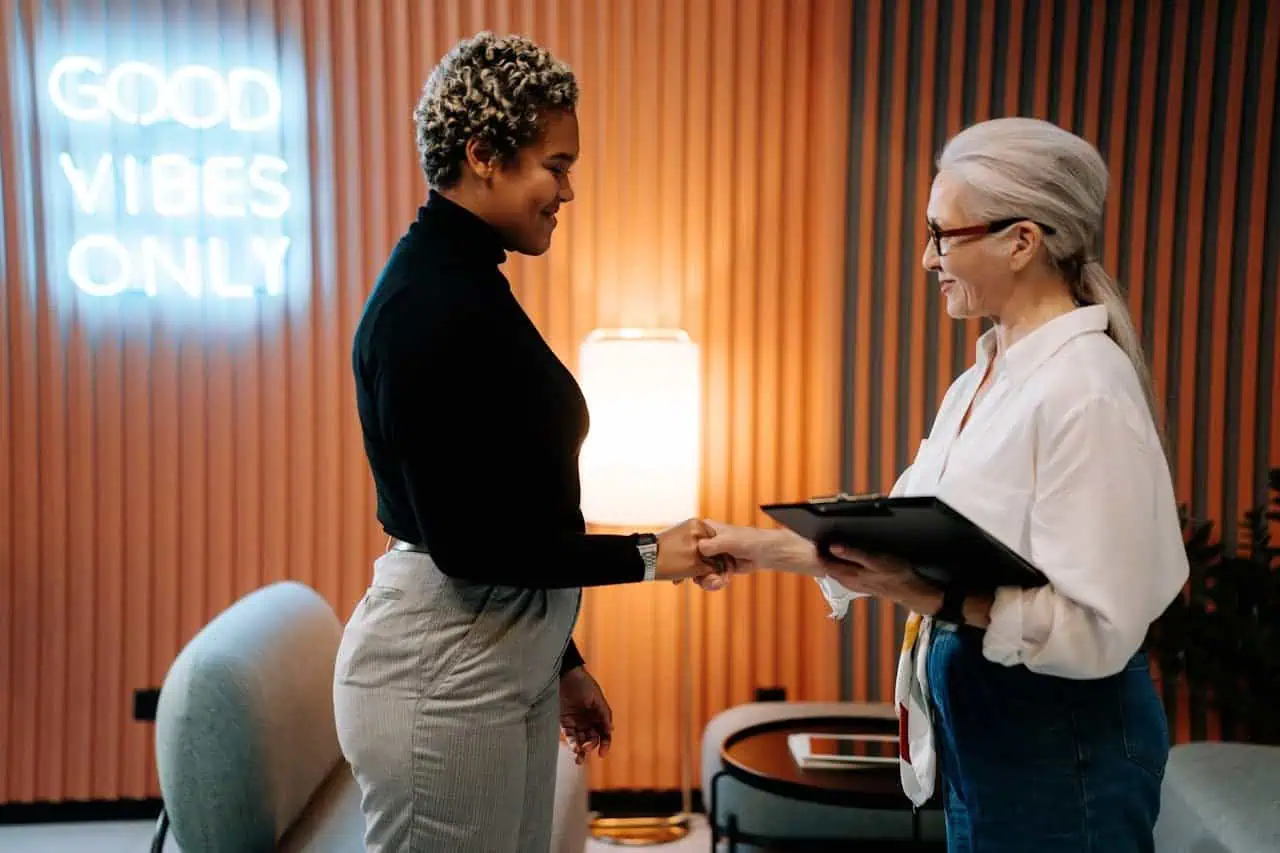Heidi Roizen is a successful venture capitalist. She has became a famous Harvard Business School case study, not because of her success or merits, but because the class professor decided to change the name on the study to ‘Howard’ and see what happened. Half the class were given the case study with Heidi’s name on it; the other half were given exactly the same case study with Howard’s name. The class were asked what they thought of the entrepreneur. Howard, they liked: he was the kind of guy they would love to work with. But Heidi? They saw her as selfish and not ‘the type of person you would want to hire or work for’. The only difference was gender.
I was reminded of this case study when I met the diversity lead of a major company last week. She was committed to getting more women into the ranks of senior management and they had introduced various support and culture change initiatives, but the number of women in senior roles was sliding. The diversity lead was convinced that unconscious bias was the issue; her next step was to introduce a training programme for men and women in the company.
Tackling unconscious bias can turn things around for women. Until the 1970’s Symphony Orchestras were mostly made up of male musicians. It was thought there just weren’t enough good women (sound familiar?) Women were invited to audition but they rarely made the grade. At some stage the fashion changed to having auditions behind screens, so that the selection committee could focus wholly on the quality of the music and not be diverted by what people looked like. Immediately, more women started to be selected. When it became obvious that ‘unconscious bias’ against women was an issue, the procedure was ramped up, to the point where now musicians also audition in bare feet – so the tap of heels doesn’t influence the panel. Now most symphony orchestras are more evenly balanced between male and female musicians.
Another big eye opener is for men to literally or symbolically ‘walk in the shoes’ of women. Dustin Hoffman teared-up on a video that went viral a few weeks ago when he remembered the impact of doing just that. He played the role of a woman, Dorothy, in the film Tootsie. After costume and make-up he asked the team if they could now make the character ‘beautiful.’ But he was told, ‘sorry, that’s as good as it gets.’ Hoffman had grown to really like and admire Dorothy. And he had an epiphany. He realised that: “If I met myself at a party I would never talk to that character.” He felt he had been ‘brainwashed’ to judge women on appearance and overlook so many brilliant, interesting females.
What’s going on?
Those examples show the power of stereotypes. Men are expected to be providers, decisive and driven; while society expects women to be caring, sensitive and collaborative. Women and men who act outside of those expectations are instinctively disliked and distrusted by large numbers of people.
What can women in business do?
Women in business, by definition threaten stereotypes. Just understanding this helps and makes you wise to some of the reactions you might provoke. If you’re in a position to introduce unconscious bias training or information that’s also got to help.
The more women and diversity there is in a company the less powerful stereotypes are; it’s one of the main reasons that organisations with gender-balanced leadership perform better. Stereotypes hold back talent and performance.
But we can’t change the world overnight, right? What are women running small businesses to do in the meantime? Well, maybe there are some positives we can seize on. If you work in an industry that’s bogged down in stereotypes that will be because it lacks diversity at the top (construction, engineering, banking anyone?) As a small business owner your advantage is that you are memorable and you stand out: a fantastic marketing edge.
In the age of online business, some women are taking more extreme measures. In the extraordinary story of James Chartrand, a female writer (who’s remained anonymous) reveals how her online writing business really struggled until she decided to take a male pen-name:
“Taking a man’s name opened up a new world. It helped me earn double and triple the income of my true name, with the same work and service. Instantly, jobs became easier to get. There was no haggling. There were compliments, there was respect. Clients hired me quickly, and when they received their work, they liked it just as quickly. There were fewer requests for revisions — often none at all. Customer satisfaction shot through the roof. So did my pay rate. And I was thankful. I finally stopped worrying about how I would feed my girls. We were warm. Well-fed. Safe. No one at school would ever tease my kids about being poor.”
As ‘James’ concludes: ‘Truth be told, if just a name and perception of gender creates such different levels of respect and income for a person, it says a lot more about the world than it does about me.’
Erika Watson MBE is Director of Prowess.org.uk and a recognised authority on women’s enterprise, small business policy and leadership development. She has more than 25 years’ experience designing and leading enterprise initiatives at regional and national level. She was awarded an MBE for services to women’s enterprise in 2009.
As founder and Chief Executive of WEETU, she established the UK’s first microcredit programme for women and contributed to national policy development on women’s entrepreneurship. She later founded Greenwell Consulting, advising public bodies, universities and enterprise organisations across the UK and internationally on strategy, programme design and impact evaluation.
Erika is currently completing a Master’s degree in Broadcast and Digital Journalism at the University of East Anglia. She writes and commissions evidence-led content on small business growth, economic policy, leadership and women’s entrepreneurship.

